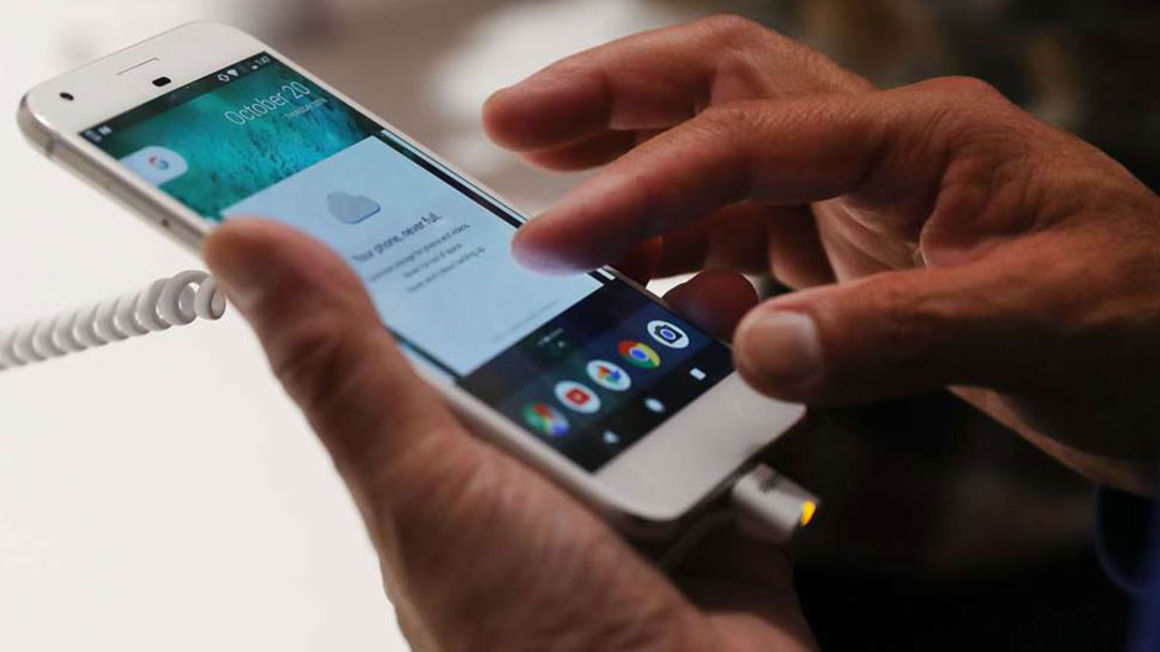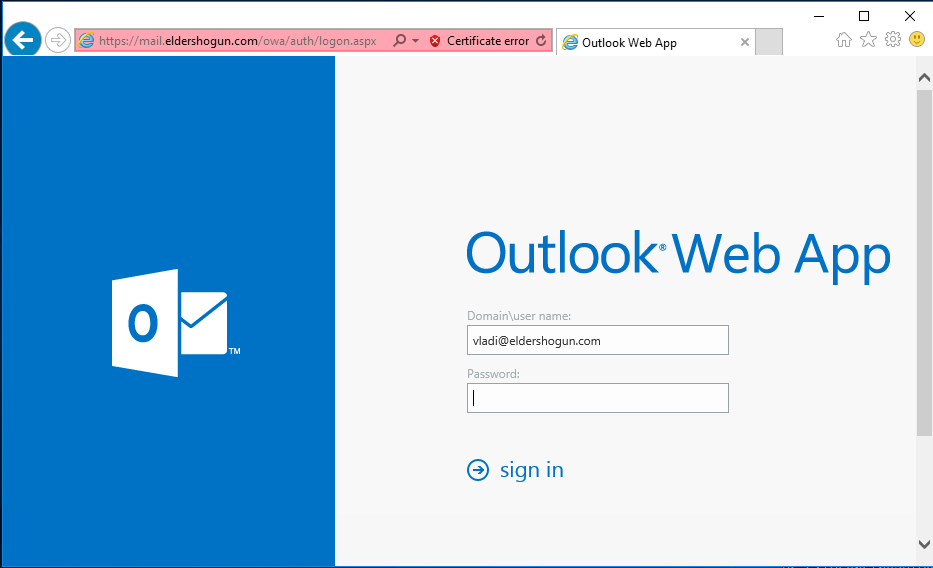With Kaspersky research showing that stalkerware affected one out of every 100 mobile users in Kenya and Nigeria in 2020 and malware every four out of 100 in South Africa, consumers must remain vigilant when it comes to their online activities if they are to keep themselves safe from the growing threat of cyberattacks.
“Even though these numbers might seem low, especially when it comes to stalkerware, it bears mentioning that this form of attack is focused on specific individuals. So, unlike general malware that is distributed on a massive scale, stalkerware is a more personal crime that has life and death consequences for the individual affected, for example a perpetrator can track down their estranged partner with ill intentions, or human trafficking rings targeting children,” says Lehan van den Heever, Enterprise Cyber Security Advisor for Kaspersky in Africa.
Amongst other things, stalkerware can enable the perpetrator to track a victim’s location, read their messages, view their photos and videos, eavesdrop on telephone conversations, and see everything typed on the keypad.
“Our research shows that almost 54 000 users globally were affected by stalkerware apps in 2020. The fact that these are growing momentum in Africa should be cause for concern. And even though South Africa has not been affected by these attacks yet, it is only a matter of time before mobile users in the country start experiencing the dangers of stalkerware,” he says.
To help combat this, Kaspersky released the TinyCheck tool designed to find stalkerware without its operator knowing. It has recently been updated to help uncover all types of geo-tracking apps that identify people’s movements using their GPS data.
READ ALSO>>>>>Kaspersky Reveals 5 Game-changing Ways Ransomware Gangs Play Today
“Over and above the threat of stalkerware, our research shows that malware and adware, although again rather low, still remain cyberthreats that we urge users in South Africa, Kenya and Nigeria to be cognisant of and protect against,” adds van den Heever.
Kaspersky’s analysis of mobile threats in 2020 shows that in Kenya 7% of users were affected by malware, and 13% by adware. In Nigeria, the situation is similar, also showing that 7% of users were impacted by malware and 17% by adware. In South Africa, 4% of users were targeted with malware and 7% with adware.
“While we advocate that mobile users must protect their devices with a strong password, they should also never leave their phones unattended. Furthermore, it is important to block the installation of apps from third-party sources in their device settings and install a reliable mobile antivirus solution that detects and warns them about stalkerware and other malware. Lastly, do not click on links in spam emails,” concludes van den Heever.











![The market for Internet of Things (IoT) devices has seen active growth recently – with a dramatic increase of 23.1% in 2020. [Photo/ Future Residence]](https://businesstoday.co.ke/wp-content/uploads/2021/09/Smart-Home-Automation1.jpeg)
Leave a comment